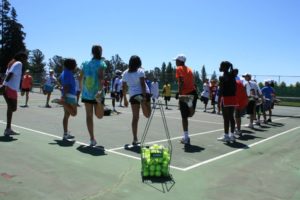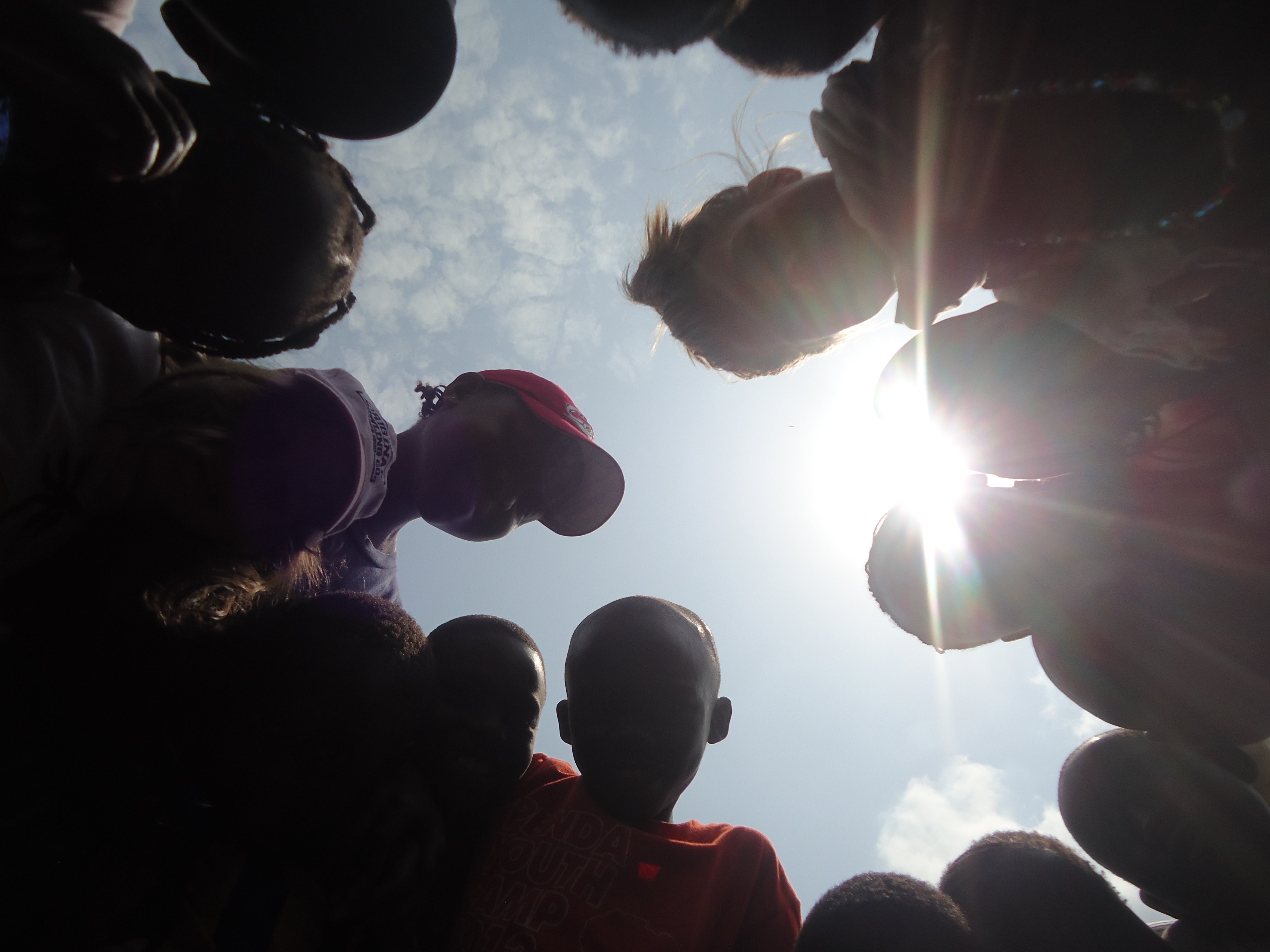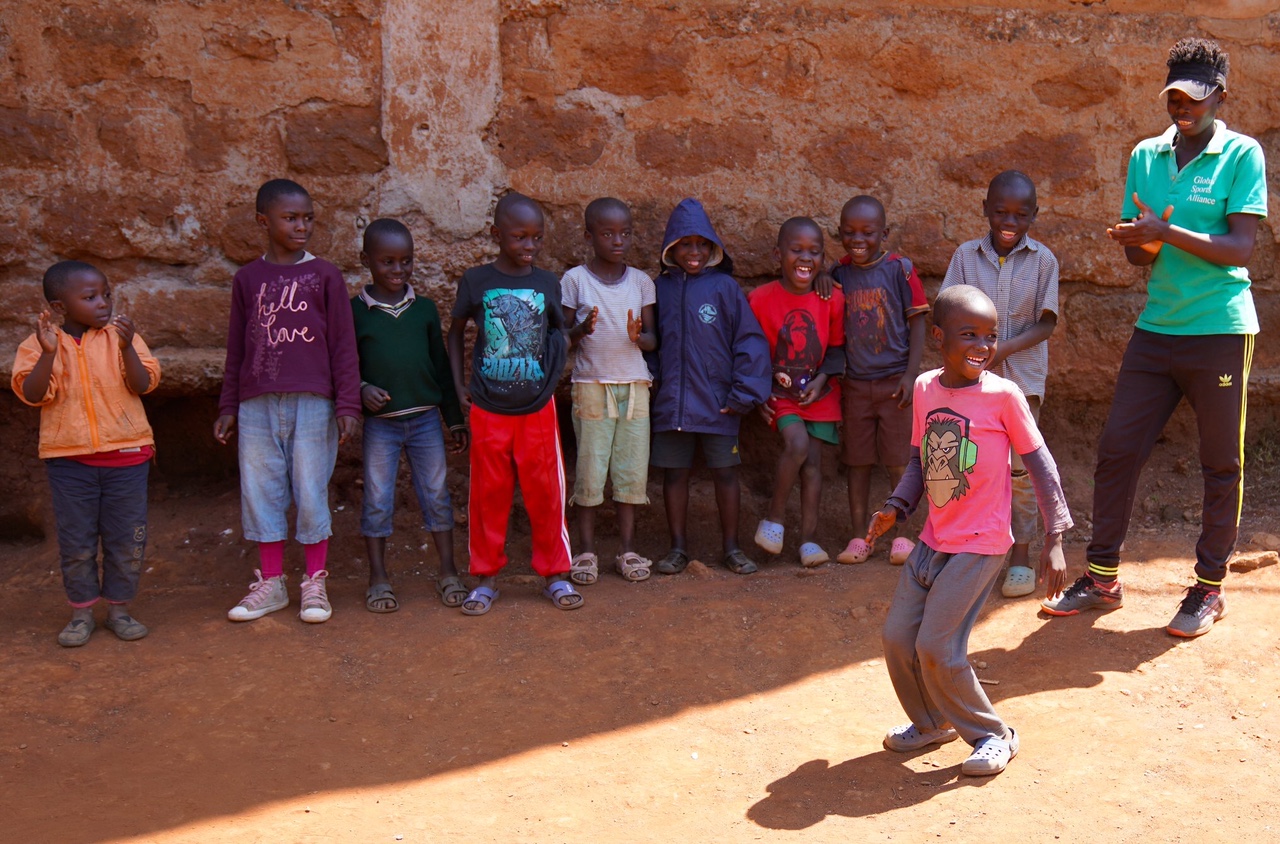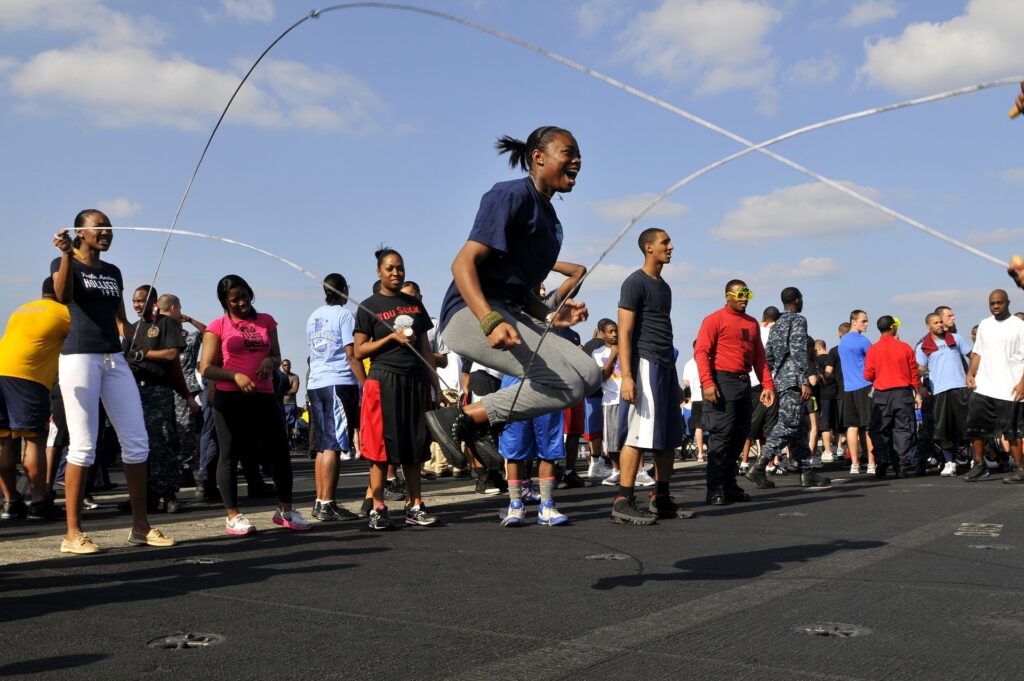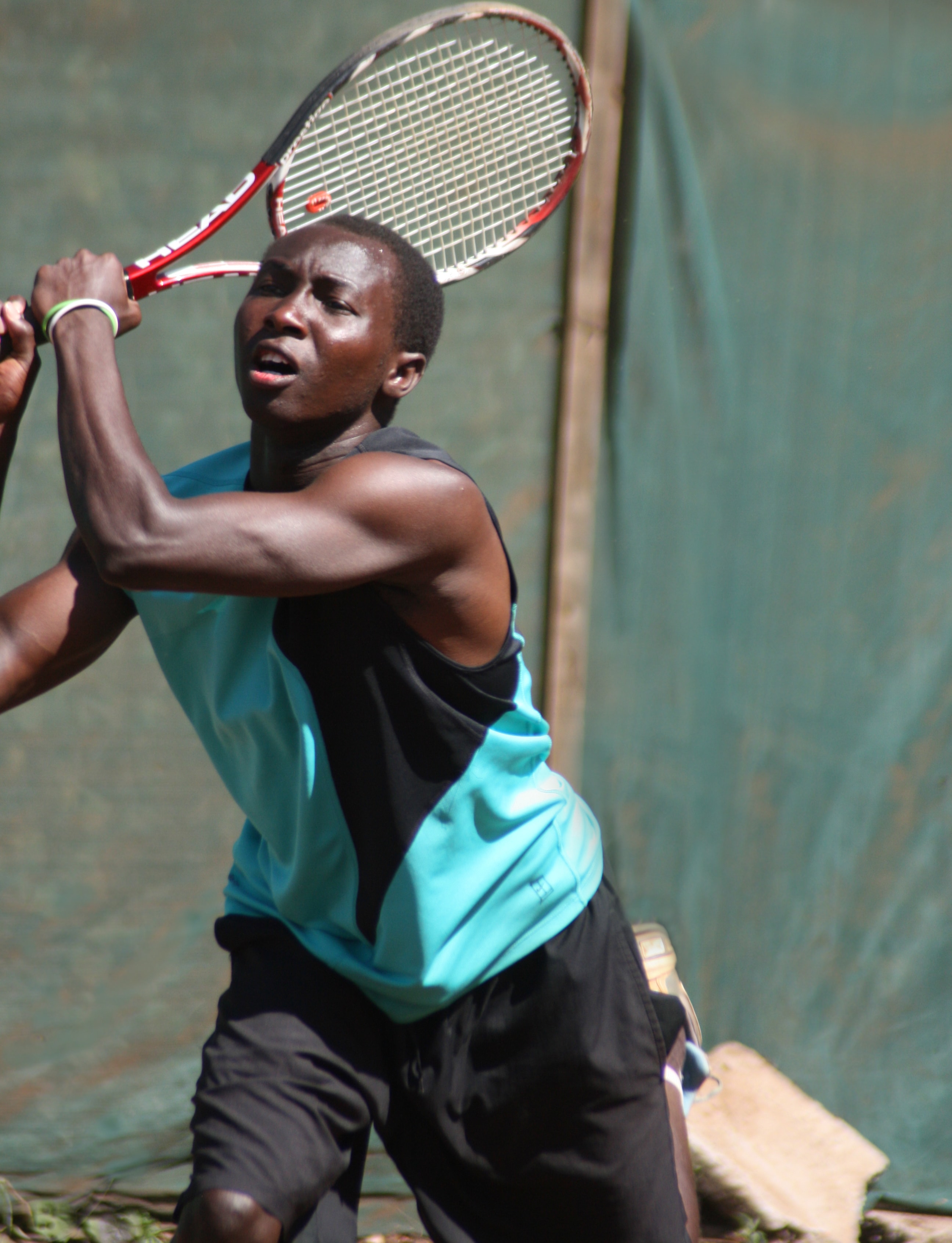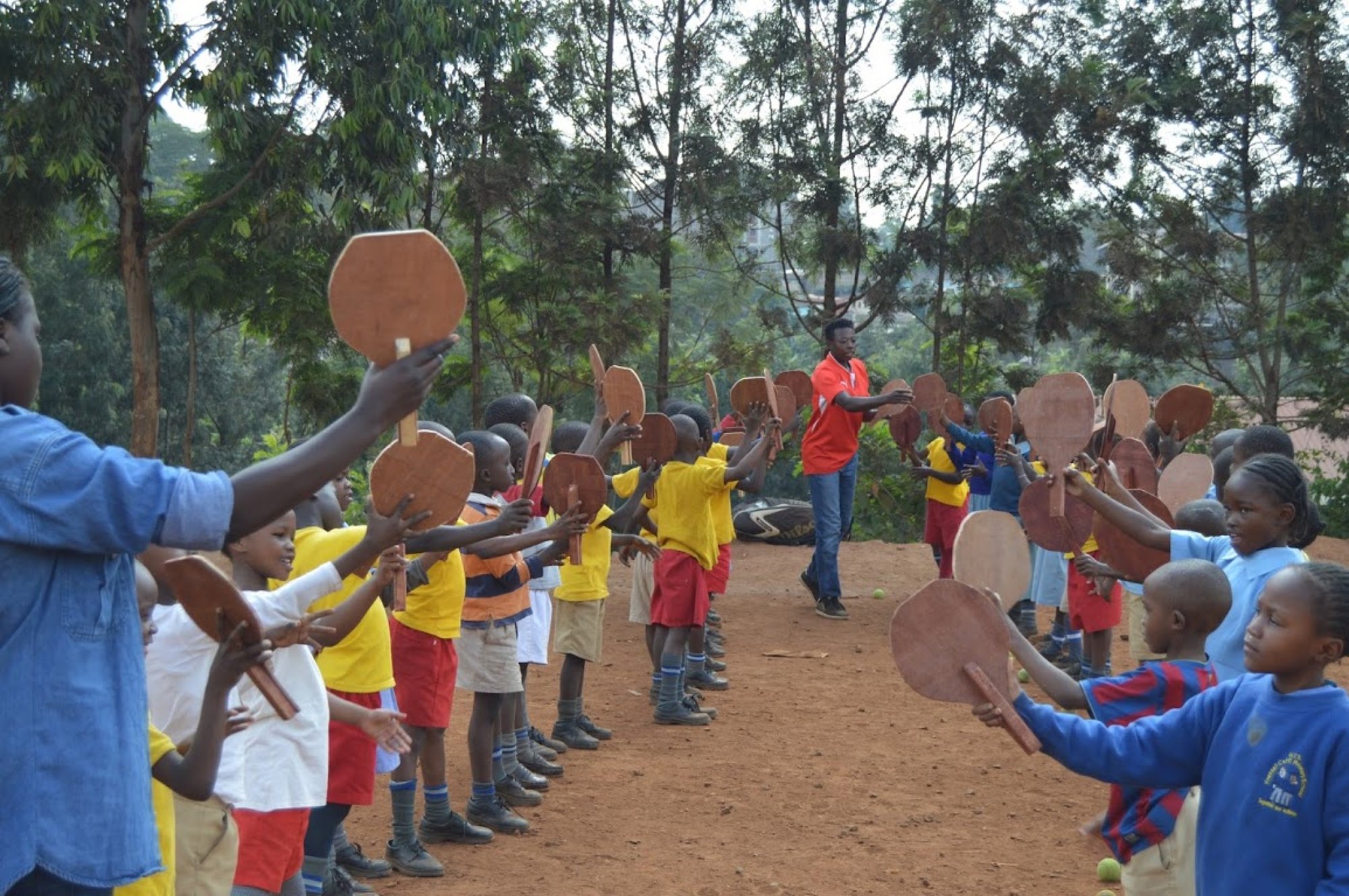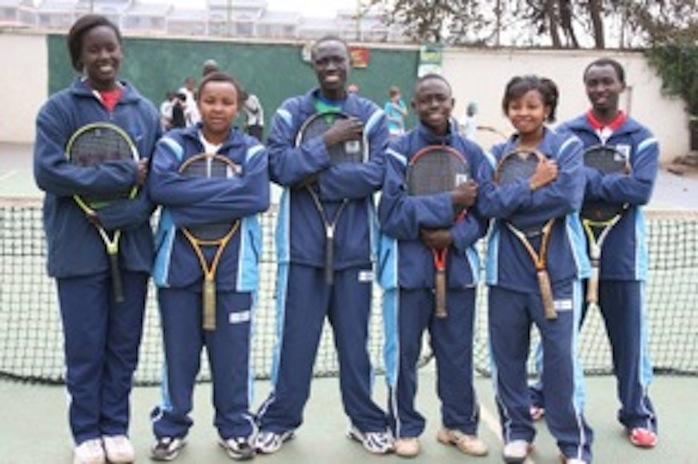Paying It Forward
“I just want to learn“
Meet Adongo – a young Sadili Changemaker
I first met Adongo, then only just 18 years old, during a Girl PowerCubs Camp which was held at our facility in Nairobi, Kenya. Adongo, an extremely talented footballer, who was unable to complete school, and had been sneaked into the program by the football coach from the village her village in Uholo Location, to the west of Kenya (more than 7 hours from Nairobi City). We found out from her coach that Adongo was an orphan. When the teams returned, Adongo never left with them, and instead was hosted by one of our project staff in what I believed was a short break.
As a community sports club, we often had most of our clients coming during the weekends. A large majority of our clients are people who work, and their children attend school, during the week. We therefore had our largest groups on weekends. Sadili Oval, as a social enterprise, thrives through the weekend patrons who pay to train, attend tournaments or use the facilities for events. Some funds would then be used to run life skills and sports training for children in nearby Kibra. Adongo would come in to provide support during these activities, and sometimes join in as an excited learner. Adongo adopted us and never left!
Recognising Value
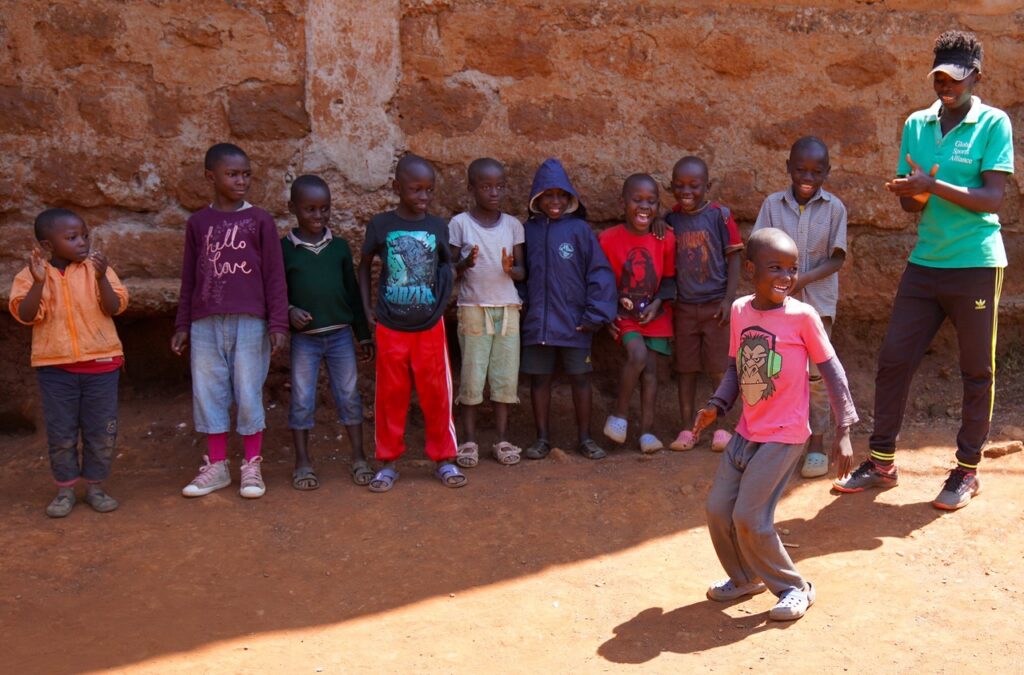
After about 4 months, Adongo started to show real interest in the other daily activities at the club, and she would volunteer where help was required. We began to realise that we had a “happy helper’ amongst us! She supported the training of gym members coming during evening classes, cleaning and mopping up where necessary. She also showed a lot of interest in the swimming pool, and persuaded one of our instructors to teach her to swim and learn to maintain the pool during the less busy hours, in exchange for her help when the pool was busy. I included her during my tennis lessons, and she was mentored in basketball by Sadili’s Kenyan national player, Zack Okong’o Basil. Everyone found her a very likeable and useful young person.
One time I asked “ Adongo, I’m curious, why is it that you are always here?” And she answered, “I only want to learn, and I’ve found an opportunity to do it here.” I found that a really interesting answer.
Our background checks showed that Adongo came from an extremely poor background, and if it wasn’t for the opportunity she had to come and work with us, she would suffer greatly. We arranged to give her some work on part time basis during the week, whenever possible, and provided her with a small allowance. Within two years, Adongo was able to improve her writing and English language skills, get herself certified as a gym and tennis instructor, through our training programs, and she grew into a very confident young lady. Today she manages the swimming pool and runs beginner tennis lessons. She continues to mentor children in Kibra, where she is very popular. She is also sending money back home to care for her siblings and ensure that they get an education.
Adongo’s willingness to learn, combined with her commitment to duty, has made her successful. Learning sometimes is not about going into a college or classroom setting. A lot of times, it is just about being aware of what is happening around you, learning from it, and using that to improve yourself. Adongo is ready to pay it forward…

